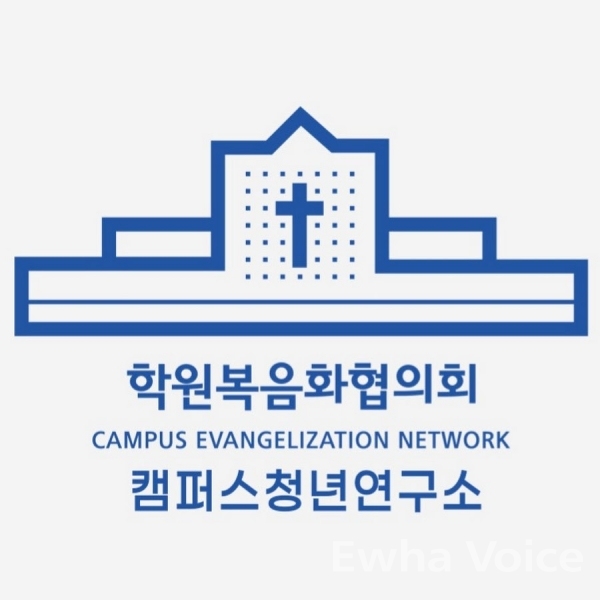
Over the past few decades, pseudoreligious groups invaded university campuses, abusing college activity clubs as a means of illegal propagation. Students were often tricked into signing up and engaging in pseudo-religious activities.
After the airing of the Netflix documentary series “In the Name of God: A Holy Betrayal,” which exposes the truth about four Korean cult leaders and their crimes, the topic of pseudoreligions has risen to the surface once more.
Crimes taking place inside pseudoreligious groups have often been hidden from public view. However, considering the range and degree of those crimes, it is a topic that should be reckoned with.
Hong Seeun, an associate research fellow at the Division for Genderbased Violence in Korean Women’s Development Institute, explained that such pseudo-religious groups are involved in mental and physical violence, property and labor exploitation and sex crimes.
According to Hong, young devotees are typically forced to hand over their property to the group and do chores such as dishwashing without pay. In several cases, devotees punish one another, simultaneously brainwashing and creating a living trap for each other. Moreover, sex crimes are committed by leaders seeking to gain power, earning unconditional obedience from followers.
Women have been the most common targets for such crimes as the cult leaders are predominantly male. In terms of gender issues, Hong clarified that Korea’s social and cultural environment creates significant barriers for female victims to disclose their experience for fear of threats and secondary damage from other cult members. This way, the crimes perpetrated by these leaders’ crimes can easily concealed.
In addition, Hong emphasized the need for the government to promote legal improvements, with stronger punishments for sex crimes that take place within religious organizations. If crimes are committed repeatedly, perpetrators should face specific and severe criminal charges beyond the legal means currently available.
One of the great dangers of such organizations is that they prey upon young women attending universities.
Sungshin Women’s University is one of 116 universities that has faced issues with pseudo-religious school clubs. Last November, the seemingly harmless performance club I’M was subject to reprimand after illegal pseudo-religious activities were detected within the club. According to the eighth meeting summary from the Sungshin Club Association, I’M had already been disciplined in the past but had remained active, passing as an ordinary club and continuing to lure students into the club. Therefore, the Sungshin Club Association made the decision to permanently deprive I’M of club rights.
After such incidents occurred repeatedly, a number of universities including Sungshin changed their club policies. Lee Sebin, chairman of the Emergency Measures Committee at Sungshin Women’s University, spoke up about the modified club regulations targeting pseudo-religious groups.
Lee explained that the university was prone to such crimes as it had a lax registration system. Sungshin’s past club registration system had only required the submission of a single file through the school portal site in order to register a new school club.
Thus, to prevent unapproved organizations from joining illegally, they revised the club regulations by including stricter stages of investigation and a review process by the club association. Lee believes that the new system will help in slowing down fellowship activities by pseudo-religious organizations, while reviewing other clubs that have not been operating due to the stagnation of activities.
“We should recognize that anyone can be a victim of pseudo-religious groups,” Lee said. “It is a problem that everyone should pay attention to and work to solve.”
Nevertheless, it is difficult for students to recognize pseudo-religious groups on campus and differentiate legitimate religious organizations from cults. In this view, many simply decide to reject religion altogether.
Regarding the correlation between pseudo-religious college clubs and the rejection of religion amongst the younger generation, Kim SungHee, research director at Campus Evangelization Network, shared his insight on the topic.
Kim mentioned that the reason young adults nowadays are moving away from religion is partially due to the misdeeds of pseudo-religious organizations. Students have started to feel unsafe around religious groups and run away once someone related to a religious activity approaches them.
In this way, the illegal activities of pseudo-religious groups have led to antipathy against religions in general, making it difficult for legitimate religious groups that have a notable place in society to uphold their rightful roles.
Offering a solution for spreading religious doctrine, Kim stressed that the key to ensuring religion’s value in school communities does not lie in burdening students with unfamiliar religious theories but rather in considering students’ perspectives and showing them how religion positively affects peoples’ lives.
As an example, if a professor who is beloved by students for their attitude towards students turns out to be a Christian, students could indirectly experience the favorable side of Christianity. Kim believes that this is the proper way for evangelization to occur.

